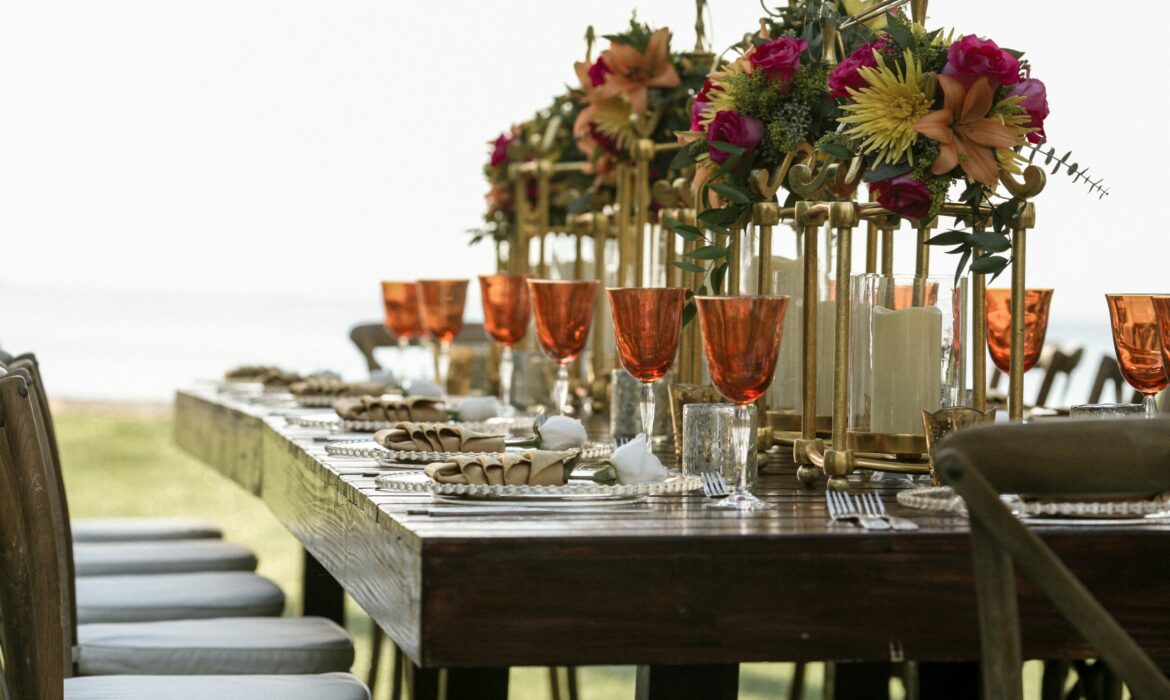Tips for Planning an Event Successfully
Develop Your Event Goal and Objectives
The very first step in planning your event is to establish a tangible goal and objectives.
First, start by asking yourself: Why are you organizing this event, and what do you hope to achieve?
Set a Budget and Stick to It
If it’s a wedding event, make a budget and stick to it. If you think you may have “wish list” items that will pop up closer to the time of the wedding, add those items in with your set budget from the very beginning. Aim to never exceed the set amount you have budgeted for from day one.
Begin Timely
Begin planning as soon as you possibly can. If your event is a large event you should really begin planning it four to six months in advance. Some events need at least one month to plan. To keep the final run-up to the event flowing smoothly, try to ensure that all vendor contracts are completed a few weeks before the event.
Remain Flexible & Do Create a Confirmation Checklist
Over the course of planning the event, things are going to change. Whether it is event times, locations or even the type of event you’re hosting, you need to ensure that you’re flexible and can meet the changing demands. In the week leading up to your event, you should be running through your event planning checklist to ensure that you and all those involved are ready to go.
Don’t Send Out Invites Too Late
Your guest’s availability is largely out of your control, but one thing you can do to encourage attendance is to stay on top of invitations and RSVP confirmations.
Don’t Forget About the Trash Removal Service
Your event doesn’t begin and end when your guests arrive and leave. Consider every little detail from setup and strike to trash removal, though these services are sometimes included in venue fees.
Do Plan for Everything
You should always expect something to go awry — and be prepared for it.
Long-distance Venues
You may not be a fan of where you currently live or want to wed where you grew up, but make sure you don’t stray too far from the majority of your guest list, as fewer people will be likely to attend.
Make Sure You Have Plan B in Place
However much you don’t want to think about it, something could go wrong on the day. This could be anything from a problem with the catering to rain (despite the forecast promising a dry day). Plan alternatives for each scenario and account for anything that might not go to plan so you’re not left stressed out and panicking on the big day.
Get the Menu Right
One of the biggest talking points at any wedding is the food. As with most aspects of wedding planning, you should begin by consulting your budget. Food can get costly, so make sure you know your limit before you dive into selecting hors d’oeuvres and mains for your wedding meal menu.
List, List and More Lists
With a million and one supplier to deal with, each with different payment deadlines, it’s impossible to keep track of everything by yourself.
Looking to make your wedding event more memorable, get in touch with the Event Planet team today.



